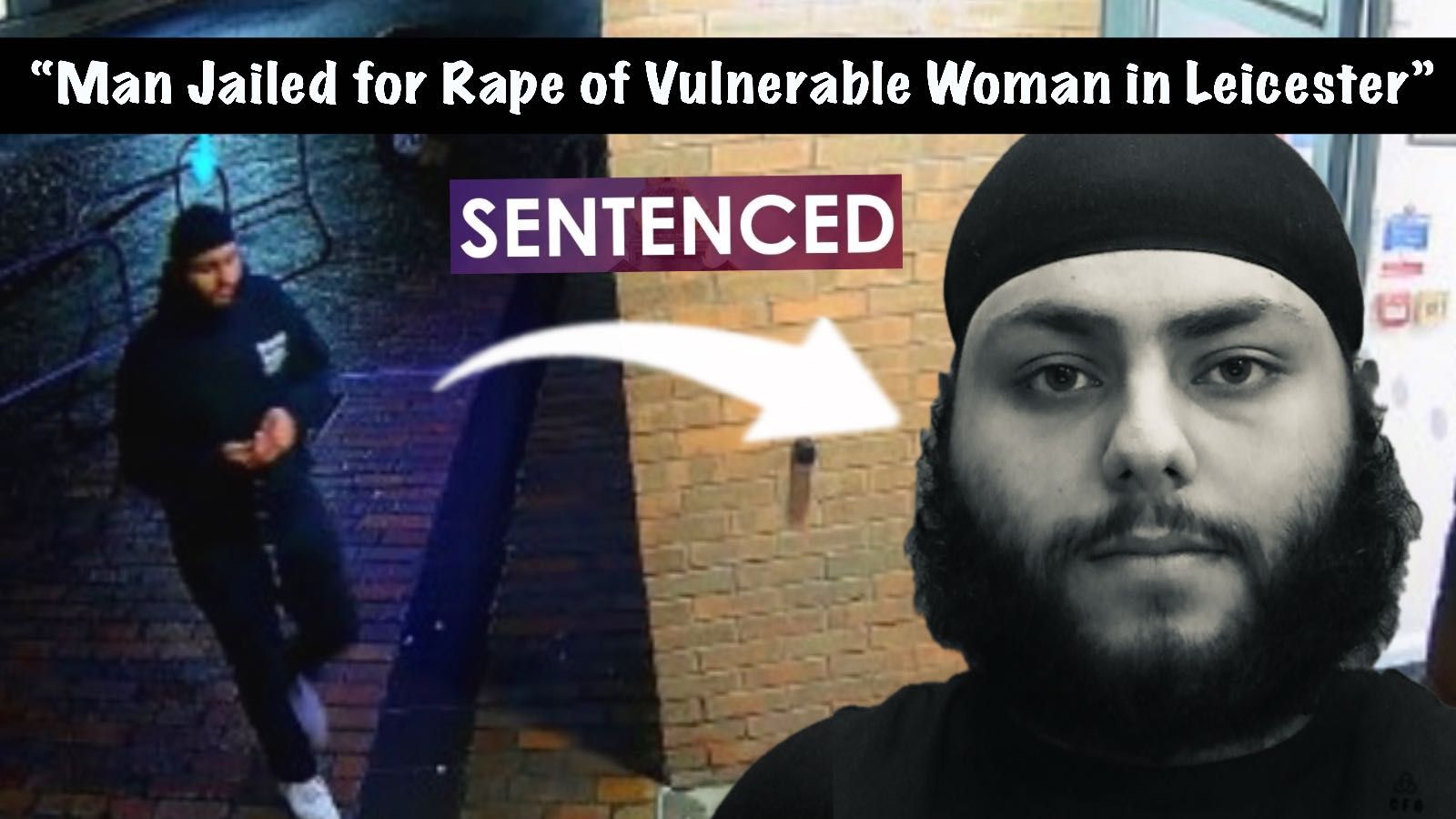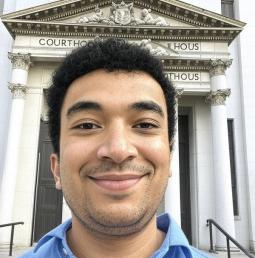Man Jailed for Rape of Vulnerable Woman in Leicester
A man who raped a vulnerable woman in a Leicester park has been
The young woman had been on a night out in last September and was alone in when she was approached by Gagandeep Gulati, 20. He led her to the secluded , where he and her. During the attack, Gulati the assault and later shared clips with friends, resulting in an of sharing an intimate film.
After the incident was reported, diligent investigations led detectives to his accommodation at , where CCTV footage helped identify him.
In an interview, Gulati denied the accusations and made the that he was the victim, alleging that the young woman had targeted and sexually assaulted him.
He was with the
He continued to engage in throughout the trial at Leicester Crown Court. However, on Friday, 28 March, , formerly of Peacock Lane, Leicester, was convicted of all charges and sentenced to six years in prison. He was also placed on the
Following the sentencing, DC Smith praised the victim’s courage, saying:
“Even during cross-examination, Gulati tried to claim that the victim had instigated the sexual activity and blamed her for the offence.
“He’s shown no remorse for his actions, which were to deliberately target a young woman while she was alone for his own sexual gratification.
“The victim has shown immense bravery by reliving her ordeal through the trial. I hope this outcome will provide a sense of closure and allow her to move on with her life.”
In this case, the defendant, Gagandeep Gulati, was convicted of —a criminal offence under . This law makes it an offence to share a private sexual photograph or film with the intent to cause distress.
The law applies when the person who shares the material does so without the consent of the individual in the film or photograph. The offence covers a wide range of behaviours, including posting images online, sending them via social media, or sharing them with friends or acquaintances.
If convicted, the penalty for sharing an intimate image can be up to . The maximum sentence is increased to if the individual is convicted of disclosing the material with the intention of causing distress or harm.
This law aims to protect individuals from and other harmful behaviours related to the non-consensual sharing of intimate content. It highlights the importance of consent and the severe legal consequences of breaching it.
The inclusion of this charge in Gulati’s case serves as a reminder of the increasing recognition of the legal and personal harm caused by the misuse of private sexual images. The courts are keen to ensure that offenders face justice for these violations, particularly when the intent to harm is evident.



